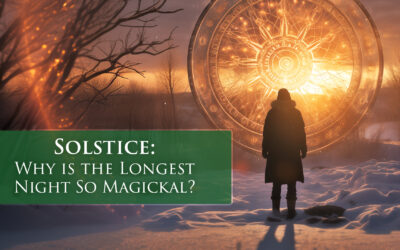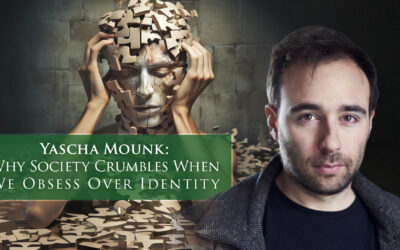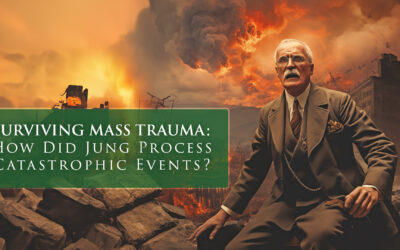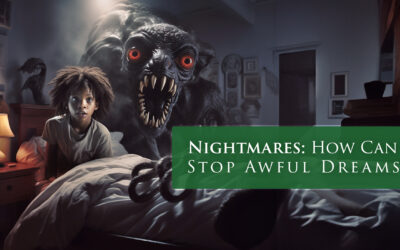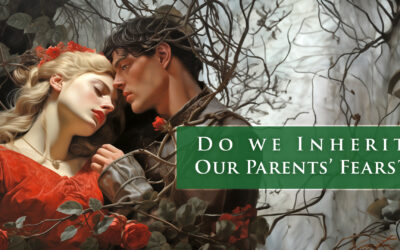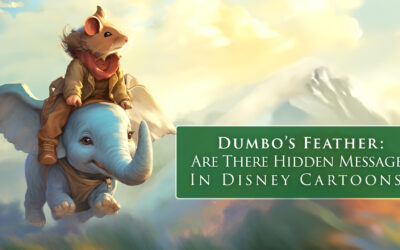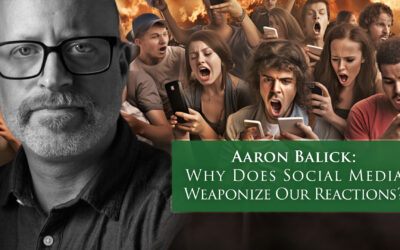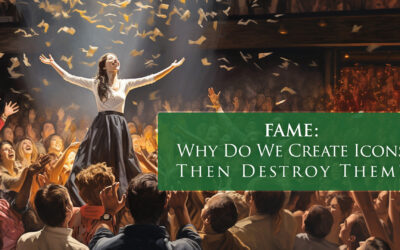OUR podcast
Subscribe to the show in your favorite application and never miss an episode!
APPLE PODCASTS | SPOTIFY | PANDORA | PLAYER FM | TUNE IN
SOLSTICE: Why is the longest night so magickal?
Winter Solstice, the longest night of the year, calls us to brood and turn within. Retreating to the unconscious is a psychic wintering, calling our life force down into our archaic patterns.
Yascha Mounk: Why Society Crumbles When We Obsess Over Identity
In an era where identity politics reshapes global narratives, the urgent need to balance diversity with universal human values becomes clear. The melding of postmodernism, postcolonialism, and critical race theory raises a provocative question: Can embracing universal principles truly bridge our deepening societal divides? This challenge calls for a bold reimagining of our approach to social harmony and equality, urging a critical reassessment of how we navigate identity and inclusivity in a complex, interconnected world.
SURVIVING MASS TRAUMA: How did Jung process catastrophic events?
The great catastrophe of Jung’s generation was the rise of Nazi Germany and WWII. His insights into the collective psyche of nations remain relevant today as we grapple with war and violence worldwide.
NIGHTMARES: How can I stop awful dreams?
Our dreams are always trying to correct our waking personality. They are a kind of psychospiritual medicine tailored just for us. When we avoid healing advice from the dream maker, pressure builds in our unconscious. Gentle suggestions become urgent pleas, which over time become fierce demands that insist on recognition. Once we recognize we are running away from essential insights, we can turn around and embrace them.
DO WE INHERIT OUR PARENT’S FEARS?
VIDEO https://www.youtube.com/watch?v=lOlApKV-wnw Art Credit: Jano Tantongco, jano.tantongco@gmail.com AUDIO What...
DUMBO’S FEATHER: Are there hidden messages in Disney cartoons?
The feather in “Dumbo” holds symbolic magic. Holding it tight, he leaps from dependency to loss, then audacious growth. He must believe the feather holds power before placing it in himself. We all need symbolic objects or talismans to project our potential onto. How else could we find it?
Aaron Balick – Why does social media weaponize our reactions?
Reactivity often usurps reflective response, with social media fueling instantaneous, reflexive reactions. This hampers thoughtful decision-making and obscures the other party’s perspective, trapping discourse within a reactive cycle. Emotional reactivity, a necessary short-term survival mechanism, can become a long-term maladaptive response, leading to perpetual defense rather than constructive dialogue. Such sustained reactivity is evident in the widespread use of social media, where the nuanced, truth-seeking aspects of communication are eclipsed by the platform’s inherent design that favors sensationalism and emotional contagion. This environment diminishes the capacity for mutual understanding and comprehensive evaluation of complex social issues, fostering a climate where binary thinking and polarization thrive.
FAME: Why Do We Create Icons Only to Destroy Them?
Fame tempts the ego to claim what does not belong to it, and the person may become identified with his or her role, especially as others have an urge to find a hero, wise man, leader, or transcendent figure. Jung wrote about the mana personality—a larger-than-life person with charismatic power and energy. Magicians and priests, infused with special knowledge and god-like capabilities, are emblematic of mana personalities. Followers are then imbued with the mana person’s special qualities, as we see in audience reactions at concerts or rallies.

